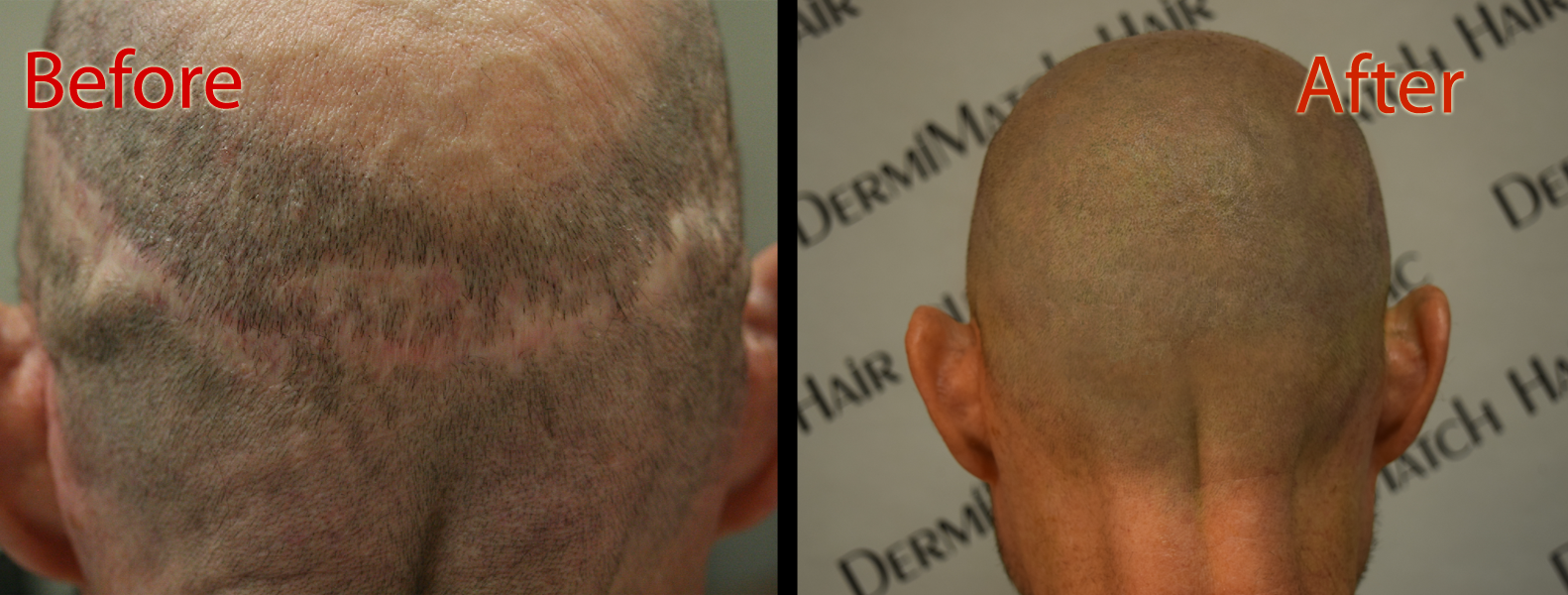Hair loss can adversely affect you. The psychological impact of hair loss extends beyond self-esteem, identity, and mental health. For many, hair is closely tied to self-image and societal standards of beauty.
As such, losing hair can trigger a cascade of negative emotions, including anxiety, depression, and social withdrawal. The psychological toll of hair loss often leads to a complex interplay of feelings that can affect various aspects of life.
Impact of Hair Loss
Self-Esteem and Identity
Hair loss affects self-esteem adversely. Individuals may feel less attractive or perceive themselves as aging prematurely.
This shift in self-image can lead to an identity crisis, where individuals struggle with feelings of inadequacy and question their worth based on their appearance.
Social Anxiety and Isolation
As hair loss progresses, many individuals experience heightened social anxiety. They may avoid social situations or withdraw from activities they once enjoyed due to fear of judgment or pity from others.
This self-imposed isolation can exacerbate feelings of loneliness and depression, creating a vicious cycle where the individual feels increasingly disconnected from friends and family.
The stigma surrounding hair loss often leads to embarrassment and humiliation, further reinforcing the desire to hide away from social interactions.
Depression and Emotional Distress
Research has shown that there is a significant correlation between hair loss and psychological disorders such as depression and anxiety. The emotional burden of hair loss can lead to feelings of hopelessness and despair, which may escalate into clinical depression for some individuals.
Furthermore, studies indicate that the stress associated with depression can also contribute to further hair loss, creating a feedback loop that complicates the issue.
Coping Strategies
To manage the psychological effects of hair loss, individuals can adopt various coping strategies. Seeking emotional support through therapy or support groups can be beneficial in addressing feelings of anxiety and depression.
Cognitive Behavioral Therapy has been shown to help individuals reframe negative thoughts about their appearance and develop healthier self-perceptions. Additionally, engaging in activities that promote well-being—such as exercise, mindfulness practices, and hobbies—can help mitigate the emotional impact of hair loss.
Moreover, exploring treatment options for hair restoration can provide a sense of control over the situation. Many individuals find solace in seeking medical advice or considering cosmetic solutions that align with their personal goals.
But hair treatments do not always work for all individuals as hair loss is not caused by one factor. Several factors contribute to hair loss.
Scalp Micropigmentation as an Alternative Treatment
For those struggling with the psychological impact of hair loss, scalp micropigmentation offers a promising alternative treatment. This non-invasive procedure is all about tattooing tiny dots on the scalp. These dots replicate the appearance of natural hair follicles.
Scalp micropigmentation not only enhances physical appearance but also significantly boosts confidence by providing a realistic solution to hair loss. By addressing both aesthetic concerns and emotional well-being, scalp micropigmentation can help individuals reclaim their sense of identity and improve their overall quality of life.
Finding the best Arizona scalp artists is the first step. Schedule a consultation next. DermiMatch Clinic boasts some of the top scalp practitioners in Arizona. They have years of experience in scalp micropigmentation and can help you overcome the psychological impact of hair loss with their expertise and skills.
Schedule your consultation now.

